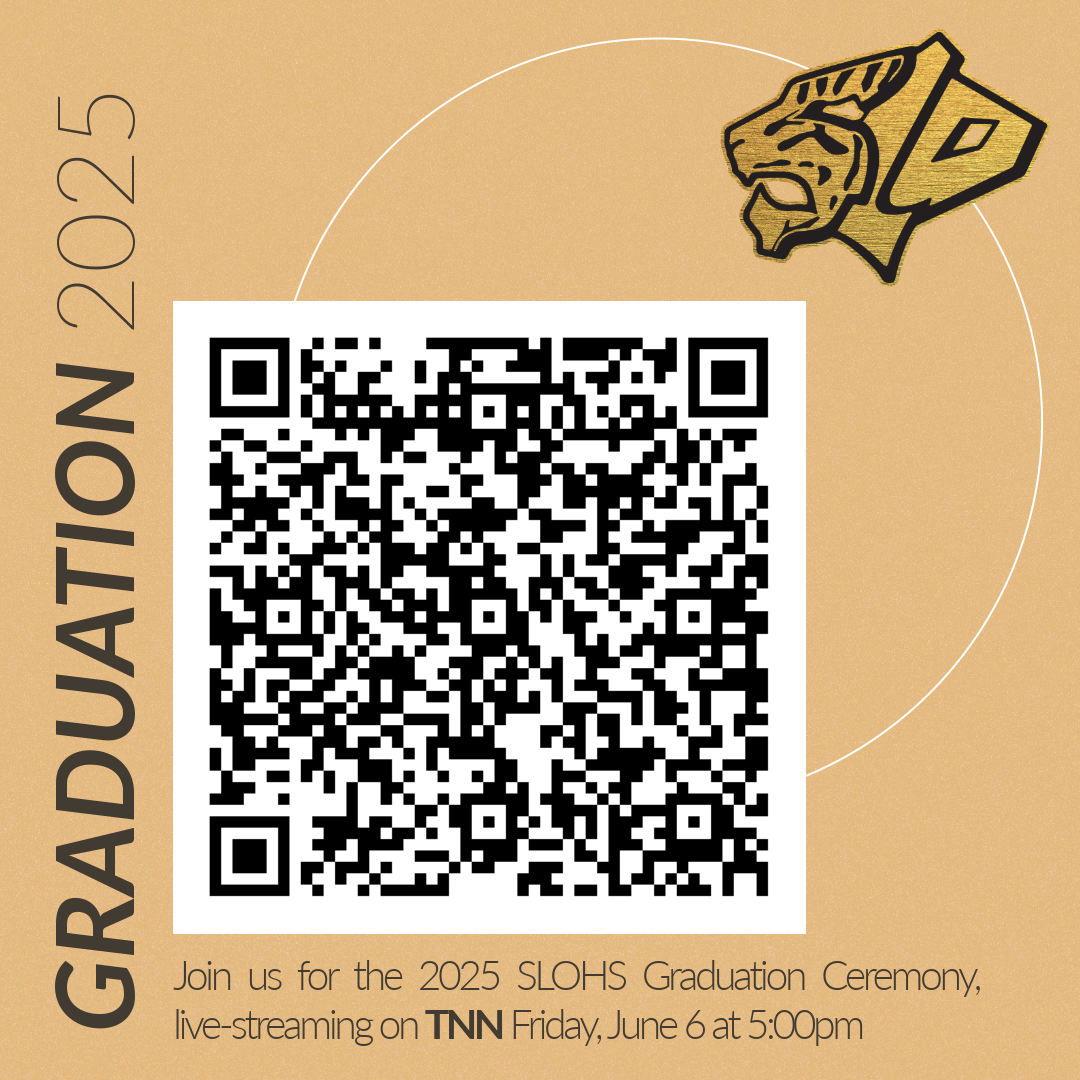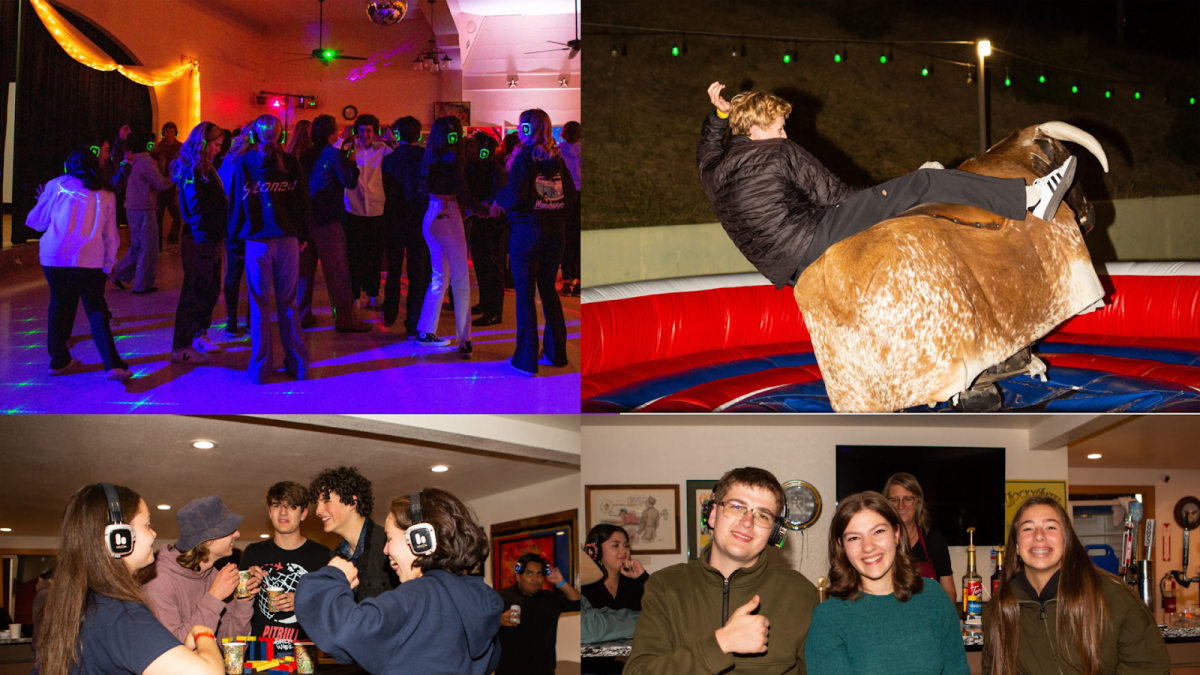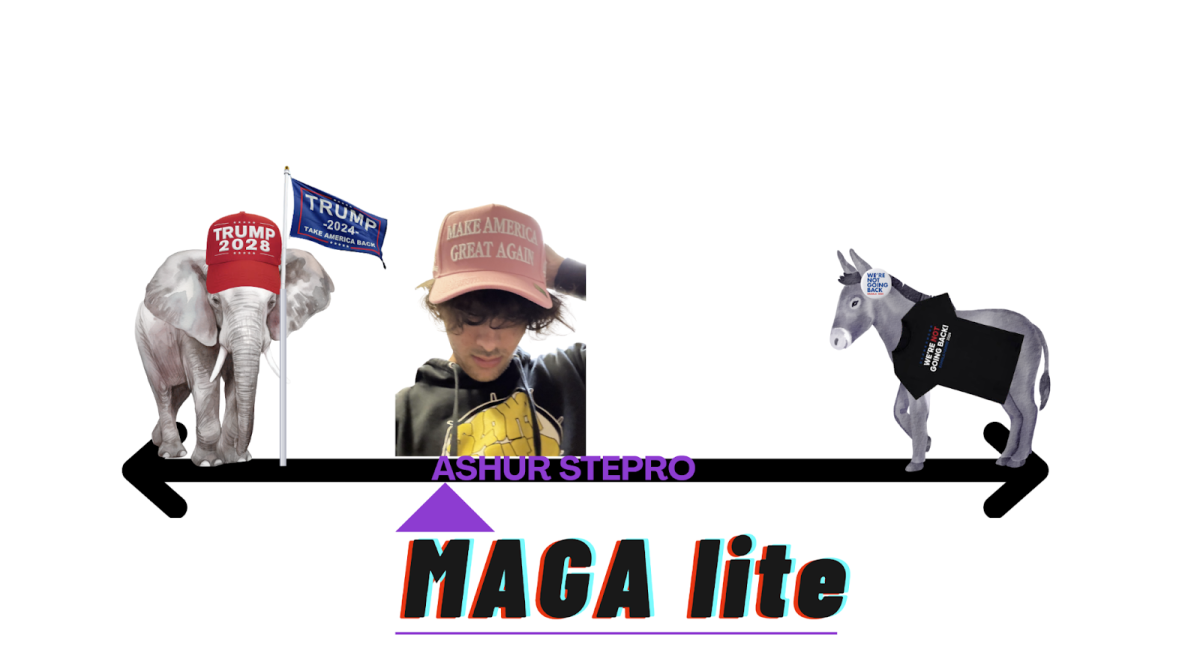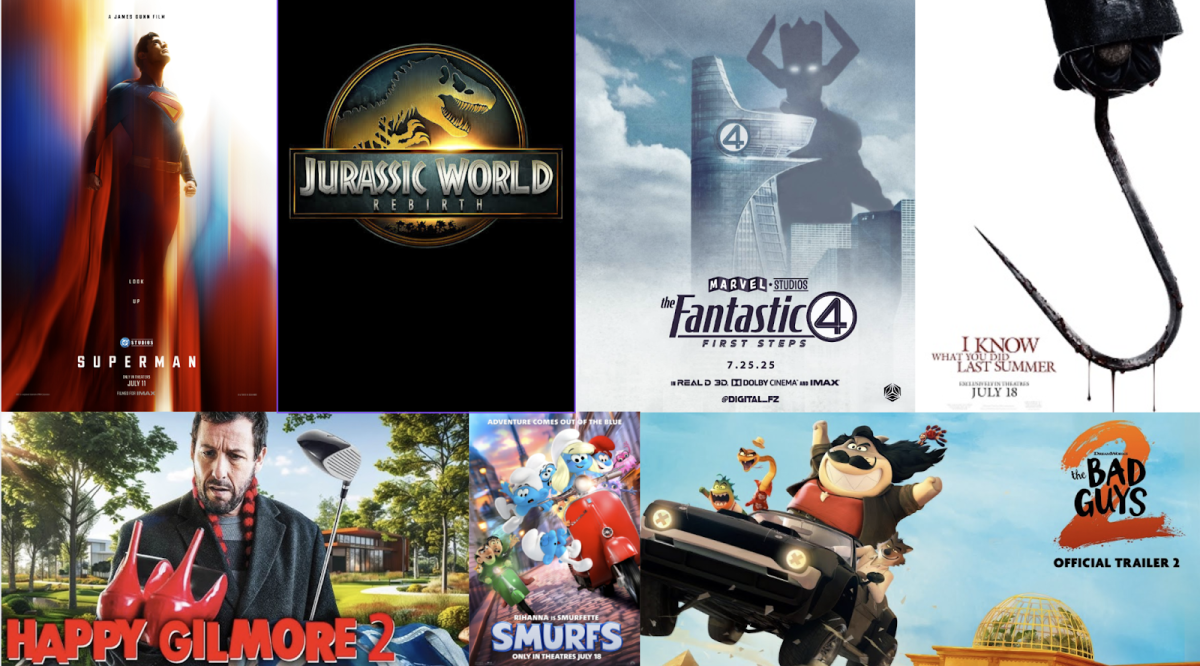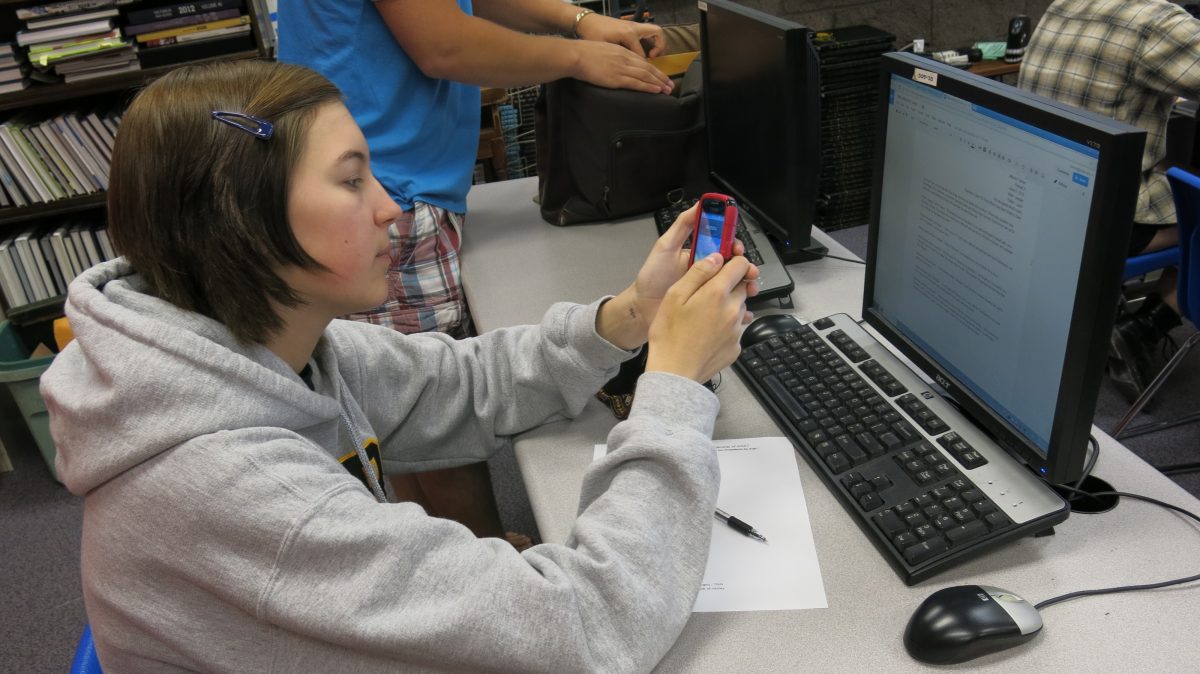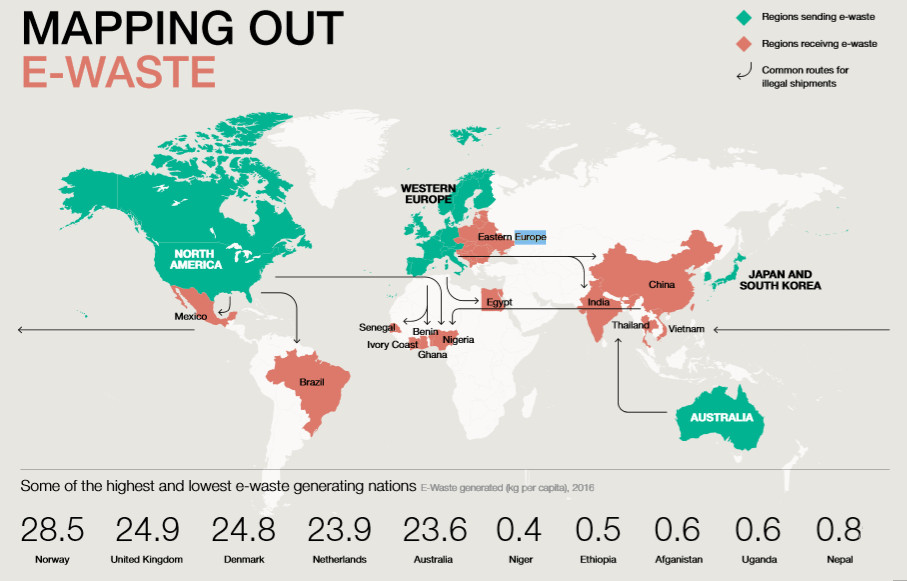Less well documented than the many supposed predicted failings and entitlements of the so called “Millennial” generation is the amount of abuse they have to put up with from people narcissistic enough to label themselves the “Greatest Generation.” They’ve been called everything from spoiled brats to irresponsible children, and while some of these statements might bare a shred of generalized validity, the one point which I must protest is the misconception that millennials are becoming more and more averted to social interactions due to their overdependence on technology.
It’s an easy mistake to make, as changes in socialization are clearly visible, especially in a school setting. Free time in class is no longer recognized by crescendos of communicatory screams and shouts, but now with the silent tapping of thumbs on iPhones. However, what this is isn’t a captive exhibit on teens retreating into the worlds of apple and Microsoft, leaving the realm of both their peers and reality behind, but the rather, the progression of organized socialization.
No longer are we restricted by time or location when we wish to converse or in some way communicate with those both around us or those miles away. This idea of eliminating the distance gap between parties was first addressed with inventions like the telephone and the telegraph. Now, with texting, speaking to one another over oceans and valleys is simple and fast, and no longer limited to one conversation at a time. All those who adopt these new technological trends gain the ability over time to multitask on a scale unimaginable only years before.
Innovations like Skype go by in the blink of an eye and disappear into the static ether, only to be replaced by systems like Snapchat, which combine the power of language with the inaudible importance of pictures. The oft frowned upon ‘texting speak’ isn’t a bastardization of the original language which it derives from, it’s an advancement on the very foundation of language: to quickly, and precisely give explicit details on a communicable expression or idea.
The streamlining of language is advancing socialization far quicker than the means of everyday conversation ever could. The aversion to this progress arises from a sense of alienation and confusion in regards to new technology, an emotion that quickly turns to rejection and disgust, obviously displayed by the former “Greatest Generation’s’ transparent distaste towards the world’s newest innovators: the children.
Socialization isn’t regressing or disappearing, it’s undergoing the early stages of an unforced evolution, one where people are no longer restricted by necessity, but rather freed by a modern urge for convenience above all else. In a time when the world around you is being built and formatted onto the small screens of smartphones, can we really risk allowing our social skills to remain archaic? I say no. Rather, we should we boldly ignore the aged opinions of our disenfranchised elders, and allow our world to be no longer limited by its physical boundaries.


